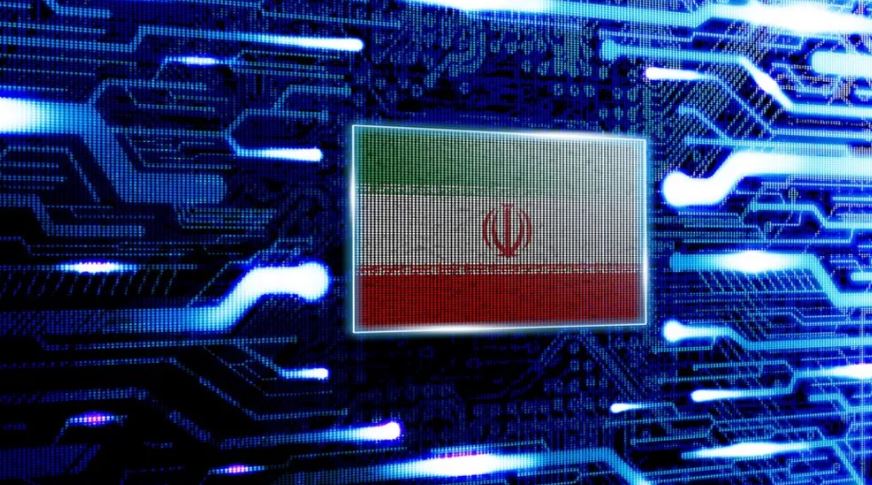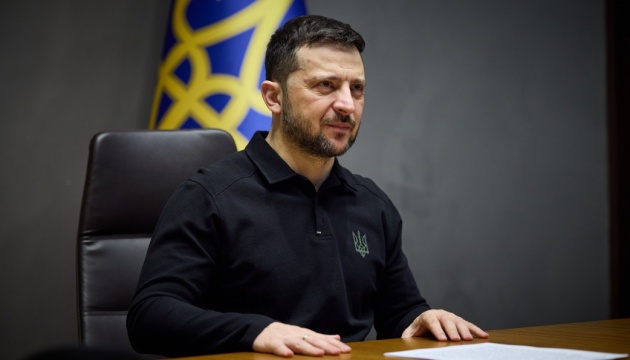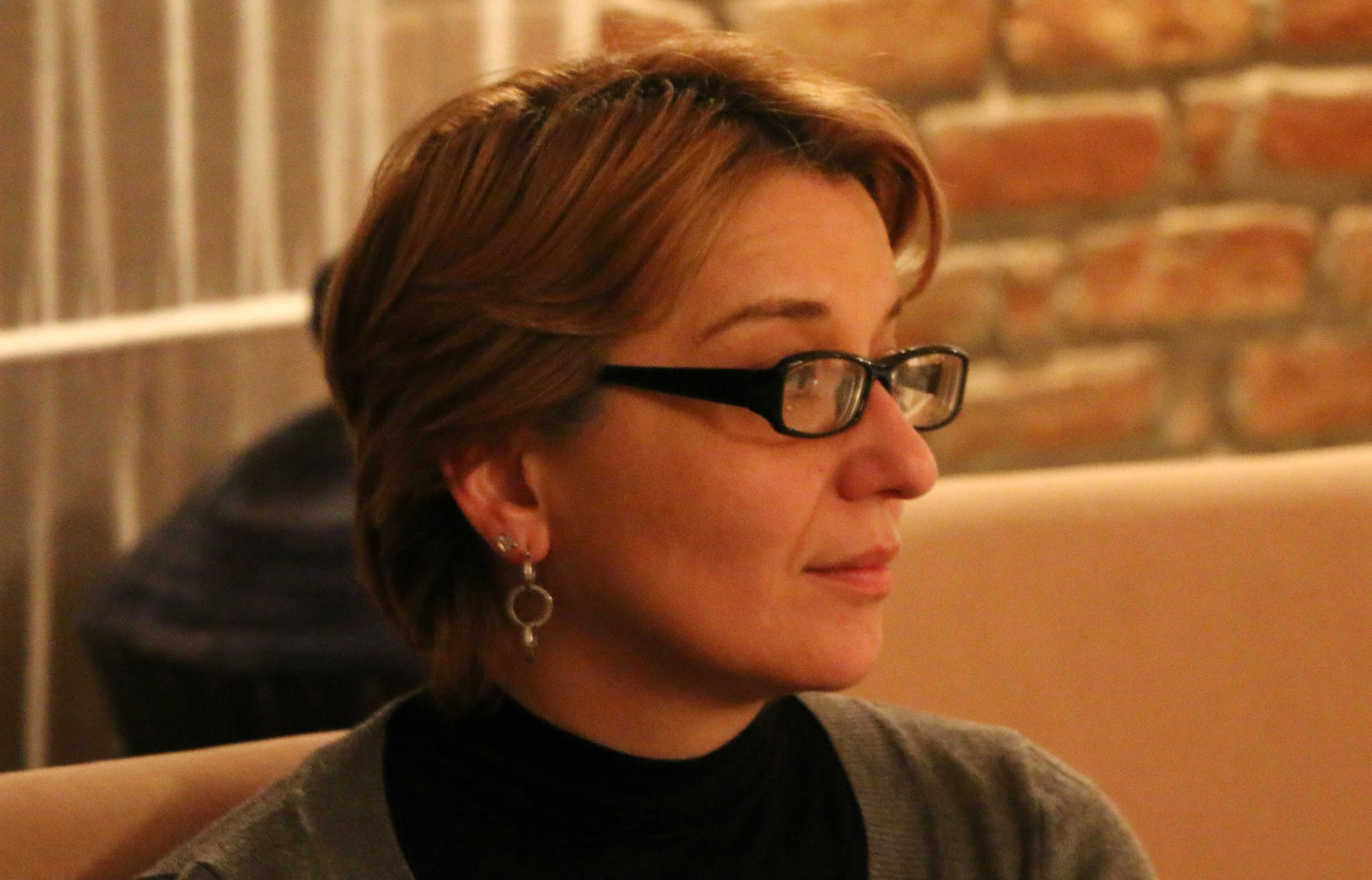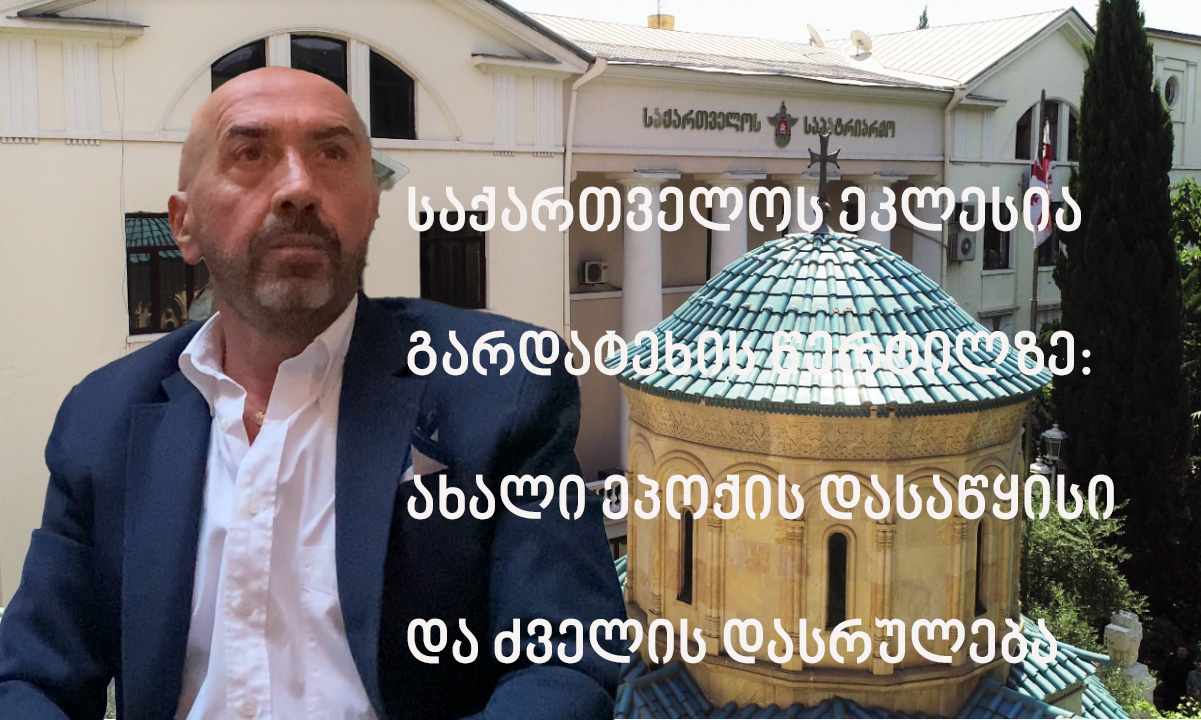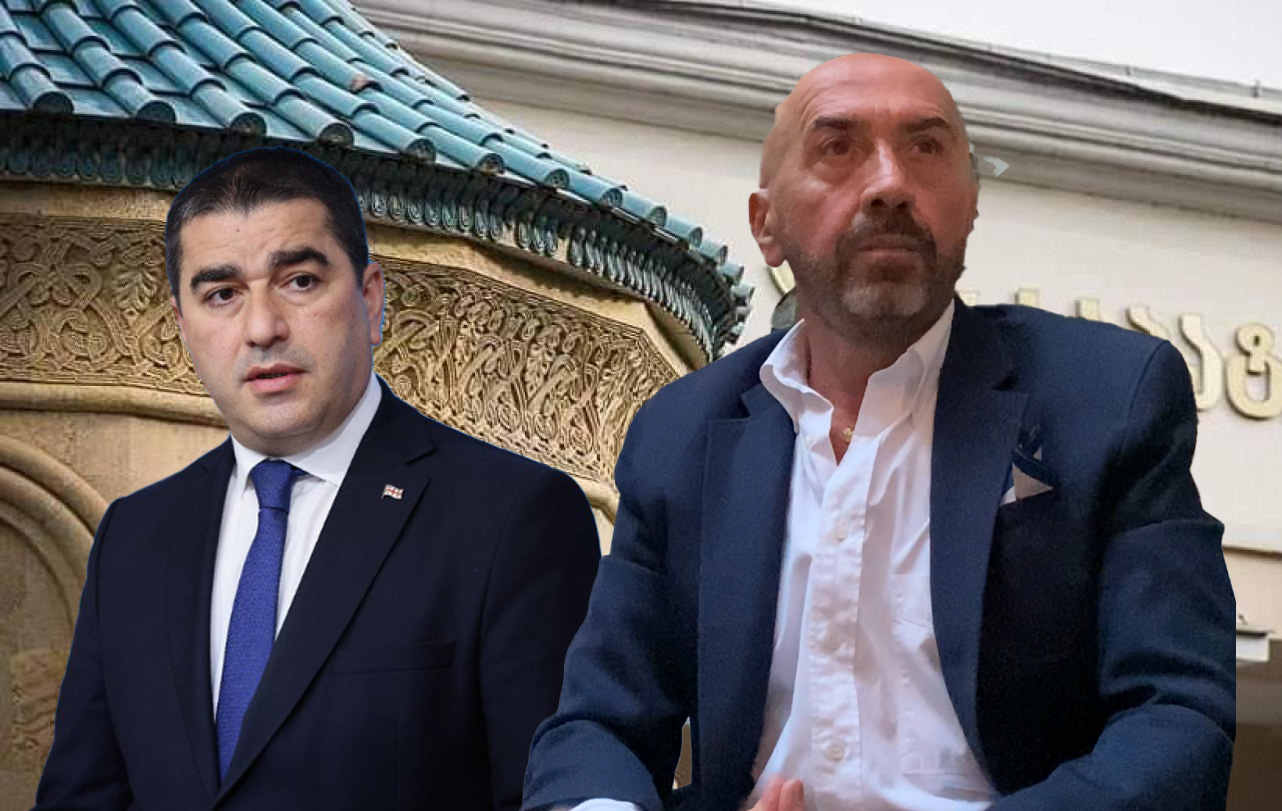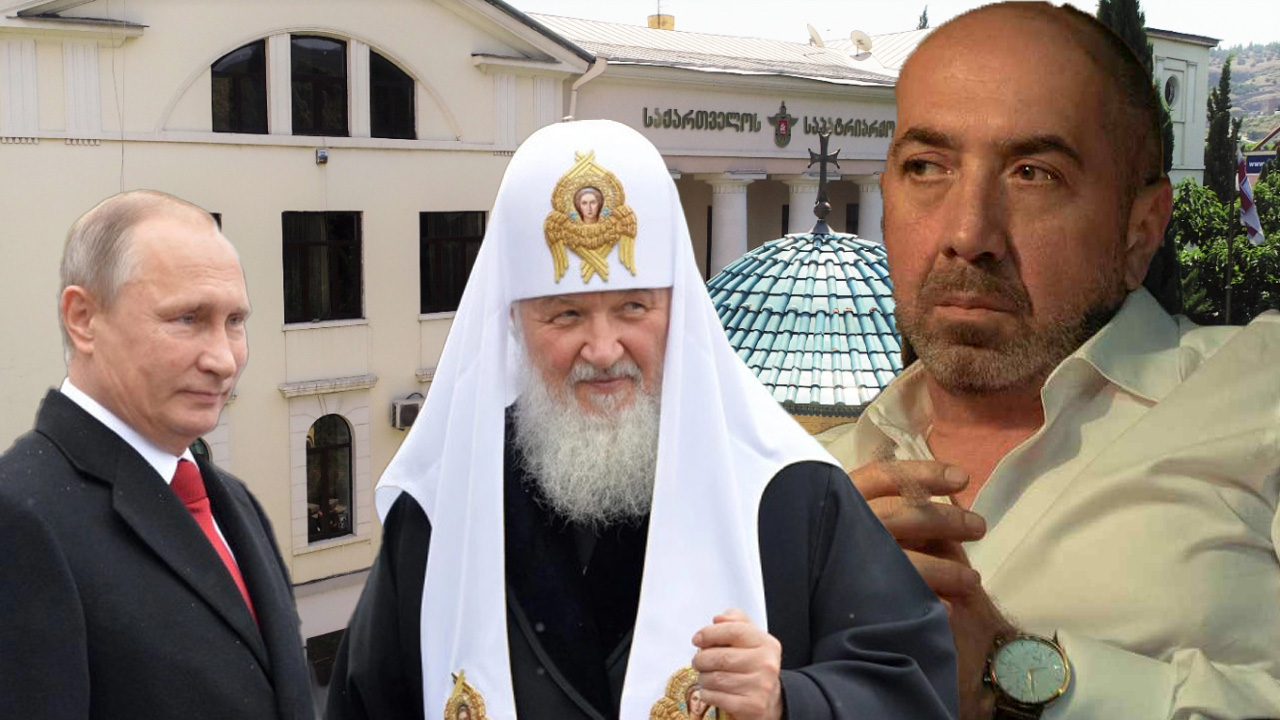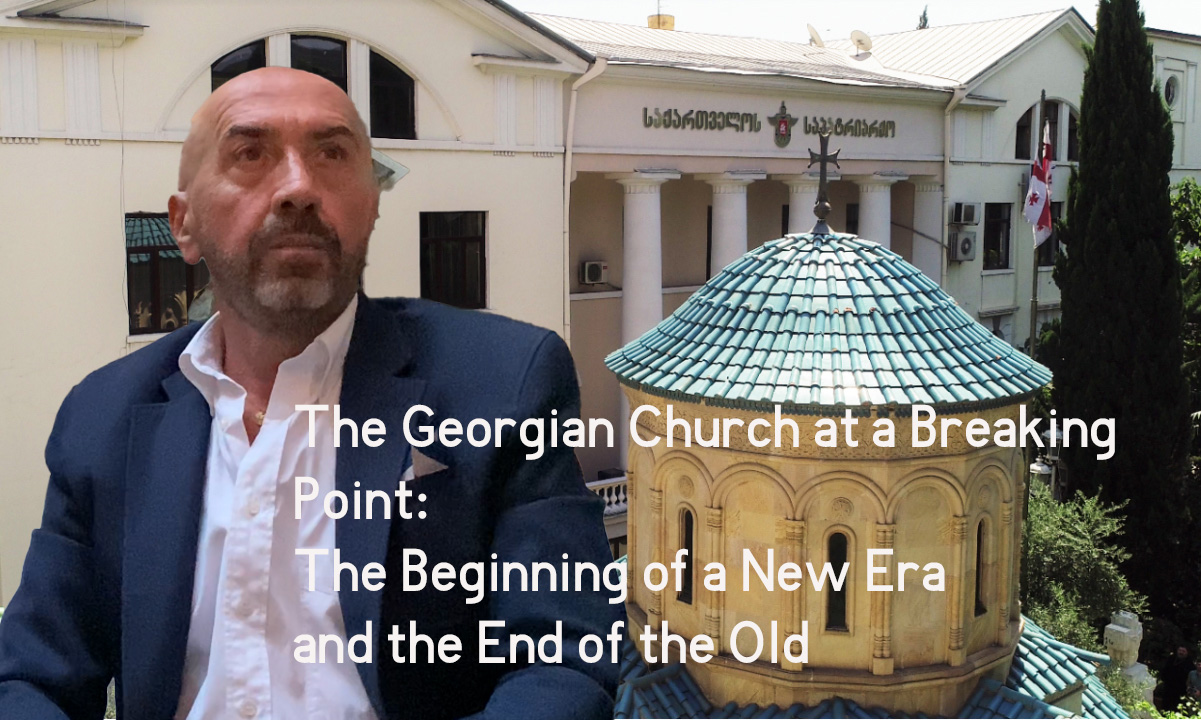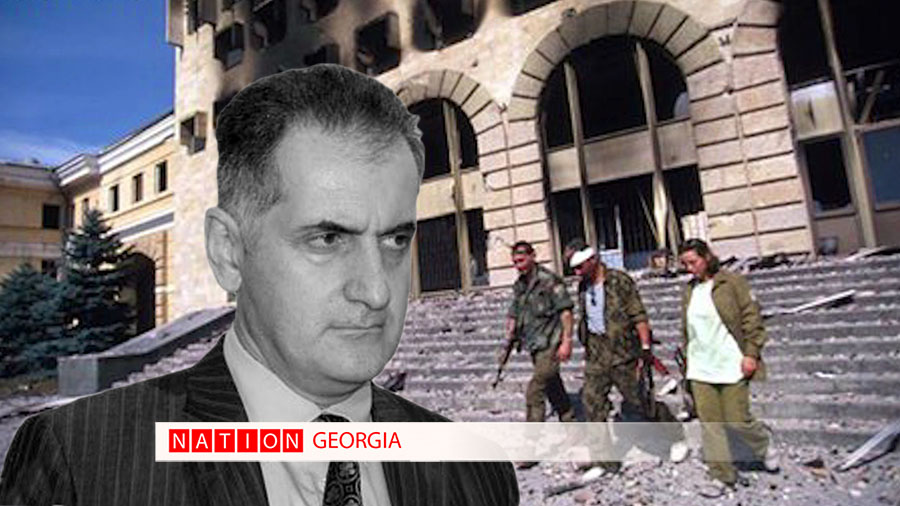Gocha Mirtskhulava – Unplanned Terror or a Planned Spectacle?
08.05.2025 ნახვები: 772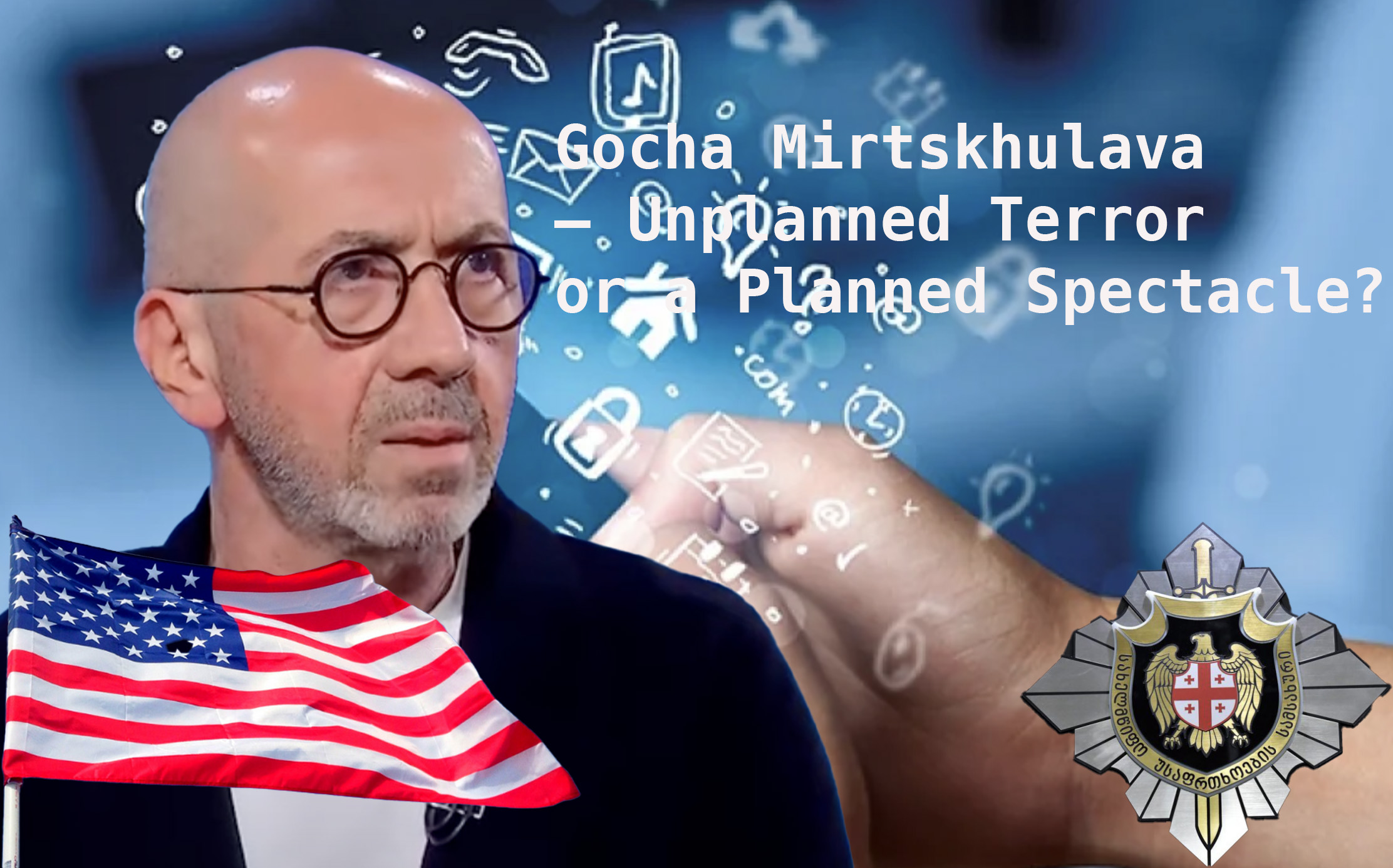
In Georgia, the quality of response by state agencies to terrorism threats has raised more questions than it answered.
Everything started on May 7, 2025, with an official warning from the U.S. Embassy.
The U.S. Embassy urged its citizens to avoid visiting several shopping malls in Tbilisi (Galleria Tbilisi, East Point, Lilo Mall) due to a received threat concerning possible terrorist attacks.
The embassy’s statement was appropriately cautious, recommending:
“Please avoid these areas until further notice. Monitor local media for updates. We will inform you as more information becomes available.”
However, the State Security Service of Georgia (SSSG, or SSS) responded with an unexpected and dismissive tone:
“We call on representatives of the diplomatic corps accredited in Georgia to refrain from making statements not coordinated with security agencies.”
But the most disturbing aspect of this situation was the complete absence of standard security measures:
No shopping malls were closed off, no evacuations took place, there were no bomb detection teams deployed, no barriers installed, no visible security presence.
The SSS quickly claimed this was “yet another false alarm.”
But in the civilized world, what kind of security agency dares to declare a threat as “false” before conducting any form of investigation or on-site response?
The SSS’s immediate dismissal of the threat raises legitimate suspicions — especially considering this isn’t the first time that Georgia’s ruling forces have exploited security concerns for political or geopolitical maneuvering.
In this particular case, there’s a plausible suspicion that a scenario was in preparation — one that the embassy’s preventive warning may have thwarted.
This suspicion is strengthened by the government’s aggressive response to the embassy’s statement.
Let’s examine this further:
1. How did the SSS know it was a “false threat” without any investigation?
Their response to the embassy — essentially saying “why are you warning your citizens?” — is diplomatically absurd and undermines institutional credibility.
2. The seriousness of the U.S. Embassy
Such statements are extremely rare. If they issue one, it typically means that they’ve received highly credible intelligence, potentially via classified channels.
Government officials should know that these advisories are standard precautionary protocols to prevent, not provoke, public panic.
3. Inconsistency with prior practice
In past bomb threat cases — even those deemed false — schools, malls, and other buildings were evacuated and inspected.
This time, no evacuation happened. That stark contrast signals a change — and not a positive one.
4. The tone and veiled threat in the SSS statement
Telling foreign diplomats to “refrain from unauthorized statements” isn’t what professional intelligence agencies say.
This only fuels public suspicion and does nothing to restore trust or enhance public safety.
So what could be behind this?
First — the authorities may have tried to avoid public panic and protect their image as a “safe country.”
There may have been an intentional downplaying of the threat to avoid public scrutiny, especially after the embassy proactively protected its citizens.
Second — it’s possible that a real threat was in the works, and the government was trying to conceal it from the start.
This more serious theory suggests that elements within the security services either knew about the threat or were actively involved.
The embassy’s timely warning may have disrupted a planned “event,” which was then quickly covered up.
Third — the most disturbing hypothesis: the government deliberately ignored the warning because it viewed the embassy’s message as political interference.
If so, this would not only indicate a moral failing, but also demonstrate the government’s increasingly anti-Western orientation, a trend already visible in many recent actions.
This incident clearly shows that national security in Georgia is vulnerable to political interests.
If the security services’ first instinct is to deny, rather than investigate, and to scold Western partners, it undermines both public safety and institutional trust.
I have another, even more serious suspicion, which I will not detail here, but I’ll say this:
Is it possible that something was actually being planned — perhaps with the involvement or knowledge of foreign (Russian) security services — where a limited, “manageable” incident would be blamed on the opposition or “foreign hostile forces”?
The idea that minimal damage could have been leveraged to accuse internal or foreign adversaries is chilling.
This possibility gains weight when one notes the clear attempt to suppress and downplay the embassy’s warning — and the strange silence in state-controlled media.
Why is this worth deeper concern?
Terror — and the simulation of terror — is often used as a political tool.
History remembers many regimes that used actual or fabricated threats to:
-
stir fear
-
display control
-
manufacture “internal enemies”
-
justify increased surveillance or repression
Let’s not forget that all this came shortly after a high-profile political clash between President Salome Zurabishvili and the ruling party — with party chairman Irakli Kobakhidze warning: “Let no one dare...”
So let’s ask a hard question:
Was something about to happen — a staged political incident with minimal but symbolic damage — that would be spun as “anti-Georgian sabotage,” and pinned on the West or the domestic opposition?
What confirms this suspicion is that government agencies declared the threat “false” — and took no real action.
That means the situation was fully under their control. They had the power to activate the scenario — or cancel it.
The most important and dangerous takeaway here is:
a) The U.S. embassy’s warning likely prevented something worse.
b) The government failed to act transparently or protect its own citizens.
c) A possible political show was derailed.
Now let’s suppose everything above is just speculation.
Even then, it’s the government’s duty to provide a full, clear, public explanation.
Saying only “it was a false threat” is not enough.
That’s why citizens deserve to know:
-
When was the threat received?
-
What was the real assessment?
-
Which agencies acted, and how?
Hopefully, our international partners are also investigating.
We must know: was this a real threat?
Was it a failed provocation for political ends?
And finally, remember this:
“An opaque government is a source of opaque danger.”
Gocha Mirtskhulava, Analyst

